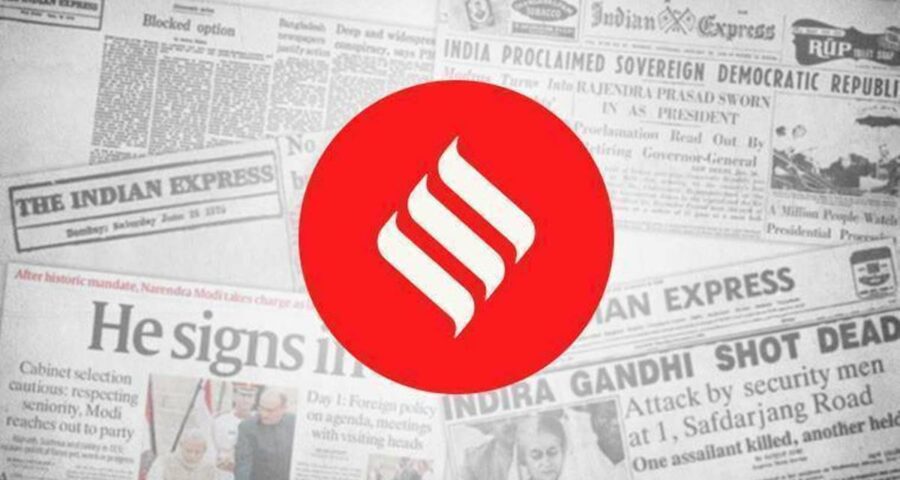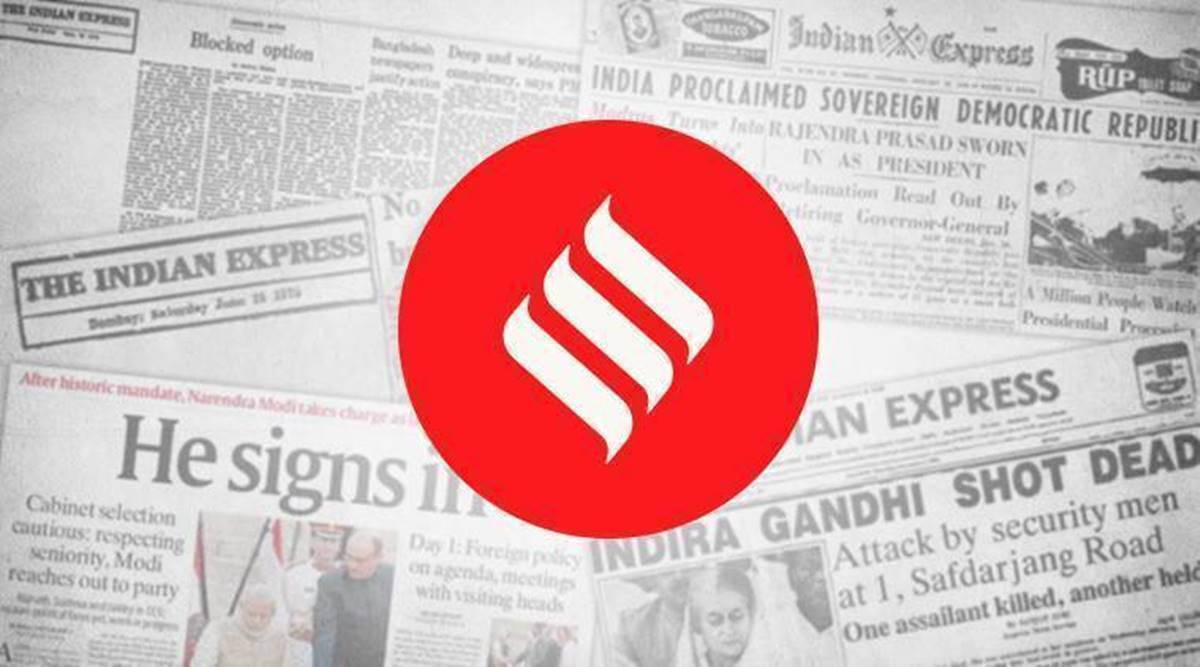Though India improved the London count by just one medal, the significance of that one medal cannot be overstated enough. Each of the medals they won was a statement of India’s incremental rise as a sporting nation.
August 7, 2021, Tokyo would be as much of a watershed moment for Indian Olympics sports lore as June 25, 1983, Lord’s was for cricket. In its magnitude and potential influence, Neeraj Chopra’s Olympic gold-medal-winning feat has only one parallel in the country’s sporting heritage, the World Cup victory 38 years ago, a moment that changed India’s sporting sensibilities. In a similar way, Chopra’s accomplishment could alter perceptions of how Indians perceive athletes. This is a myth-busting gold medal, a testimony that Indian, or even Asian, athletes can not only match their European adversaries but also beat them, provided they get access to world-class facilities, top-draw coaching and unfettered support of the sporting fraternity. The unscientific assumption about Indians having inferior athletic DNA, something that undermines their medal-winning chances on the global stage, was hurled out the window and it landed 87.58 metres far. Chopra’s gold would not only draw a clear route-map to global success but also banish the inferiority complex that Indian athletes carry to elite events. Athletics now has the momentum to jump in the sand pit of global competition and wrestle with the best.
Though India improved the London count by just one medal, the significance of that one medal cannot be overstated enough. Each of the medals they won was a statement of India’s incremental rise as a sporting nation. It is foolhardy to expect India to match the US or China overnight, but the trajectory of the graph is constantly moving upwards. That those medals came in various streams is a further reason for optimism. In badminton and wrestling, it’s time India is considered among the powerhouses; in weightlifting, there is a generational talent in Mirabai Chanu; in boxing, there is finally someone to look beyond Mary Kom. The revival of men’s hockey would not have been better timed, the often-ignored women’s hockey too blazed in promise. Shooting was an aberration — expect many of those who left in tears to bounce back stronger and hungrier. Overall, the Tokyo Games could leave a long-lasting influence on Indian sports.
The Olympics itself would be remembered as a metaphor of hope in the Covid-altered world. There were fears that the event would emerge as a super-spreader of the virus, it would see a stoppage and the competition wouldn’t be top-notch. It has answered negatively to each of those doubts. With no runaway leader on the medals tally — just one gold separated the US and China — this was the most closely fought Games in recent times. Tokyo showed that with coaches seamlessly crossing borders and sporting knowhow spreading, the Olympic world was flattening. Top German coaches sitting in Chopra’s corner as he left his Dresden-born arch-rival, Johannes Vetter, far behind was a frame that best captured the levelling of the playing field.
This editorial first appeared in the print edition on August 9, 2021 under the title ‘The rising flame’.
Source: Read Full Article


